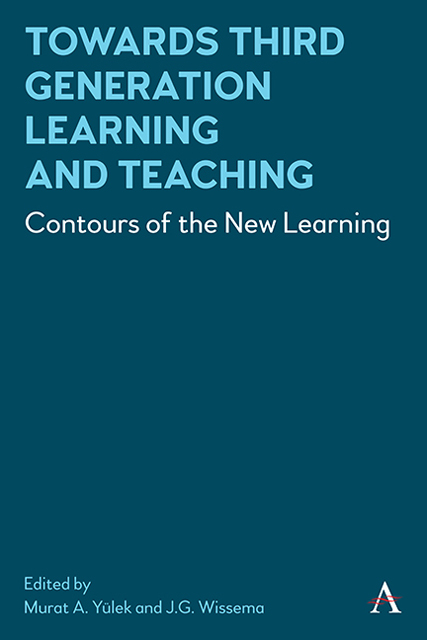Chapter 9 - Experiencing Digital Storytelling
Published online by Cambridge University Press: 10 January 2023
Summary
Introduction
The combination of globalization, demographic changes and technological advances together with environmental changes is impacting all what man intends to do; it influences the societal environment and creates new demands and needs. That requires specific skills and good preparation. Education and innovation in education are cornerstones to respond to the changes and redeem the skills’ gaps created through these changes. The changes in education require new pedagogical approaches. This chapter will focus on one such approach: digital storytelling (DST).
After giving some backgrounds (Part I) and a discussion on DST (Part II), four different examples of digital story telling are presented (Part III) followed by some conclusions. The experiences have demonstrated a strong interest of students in DST-methods as an alternative to traditional lecturing. The students were better motivated to question, comment, search and to interact.
The evaluation of the experiences opens the door for some recommendations and possible improvements as well as the evaluation of the efforts linked to their implementations.
PART I. BACKGROUNDS
Methodology and Limitations
The paper is based on an extensive literature review which will explain the theoretical bases of the study and the logic behind it.
The experiences were developed and conducted by the author in his classes. Some of them—at earlier stages—were in presence form, the others were conducted later in online form (due to the Covid-19 pandemic). The classes concerned different topics in bachelor and master classes. The students’ feedback and the author’s self-reflection about this experience are given in the final recommendations of this chapter.
Within the frame of this chapter, it is not possible to present all the details supporting the research; they are part of other publications. Please note that the experience is not representative in term of the numbers of participants and the number of repetitions and hence, the results are not definitive. Other important limitations were the lack of time, available material and technical skills to develop the stories and make the video clips. Three experiences (stories I, II and IV) were conducted on the base of existing recorded material. The story III is based on a commercial film.
- Type
- Chapter
- Information
- Towards Third Generation Learning and TeachingContours of the New Learning, pp. 139 - 152Publisher: Anthem PressPrint publication year: 2022



